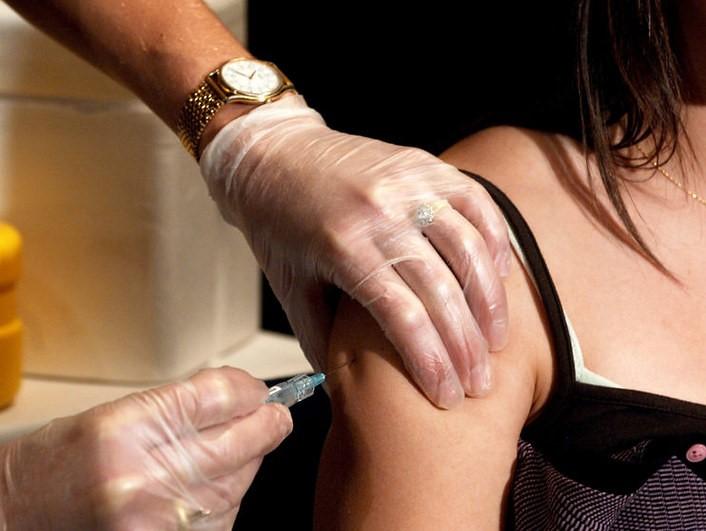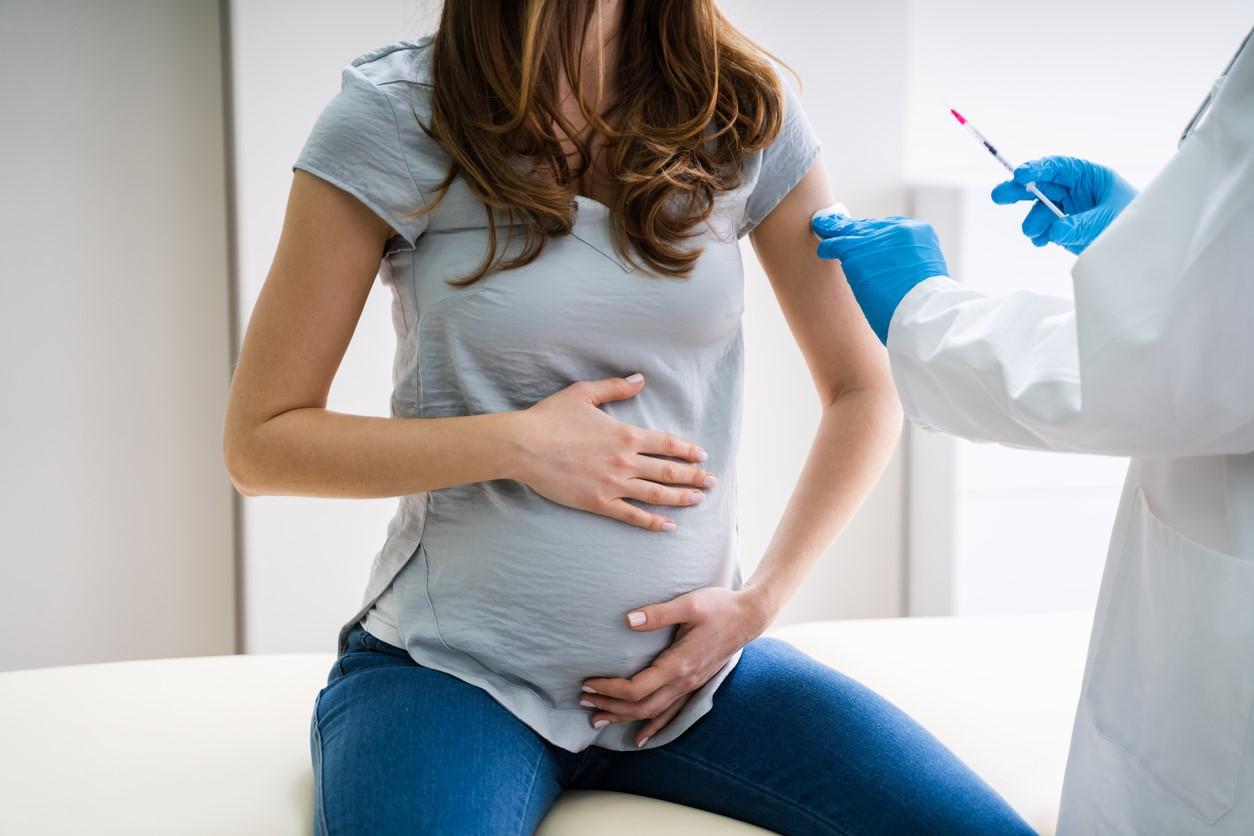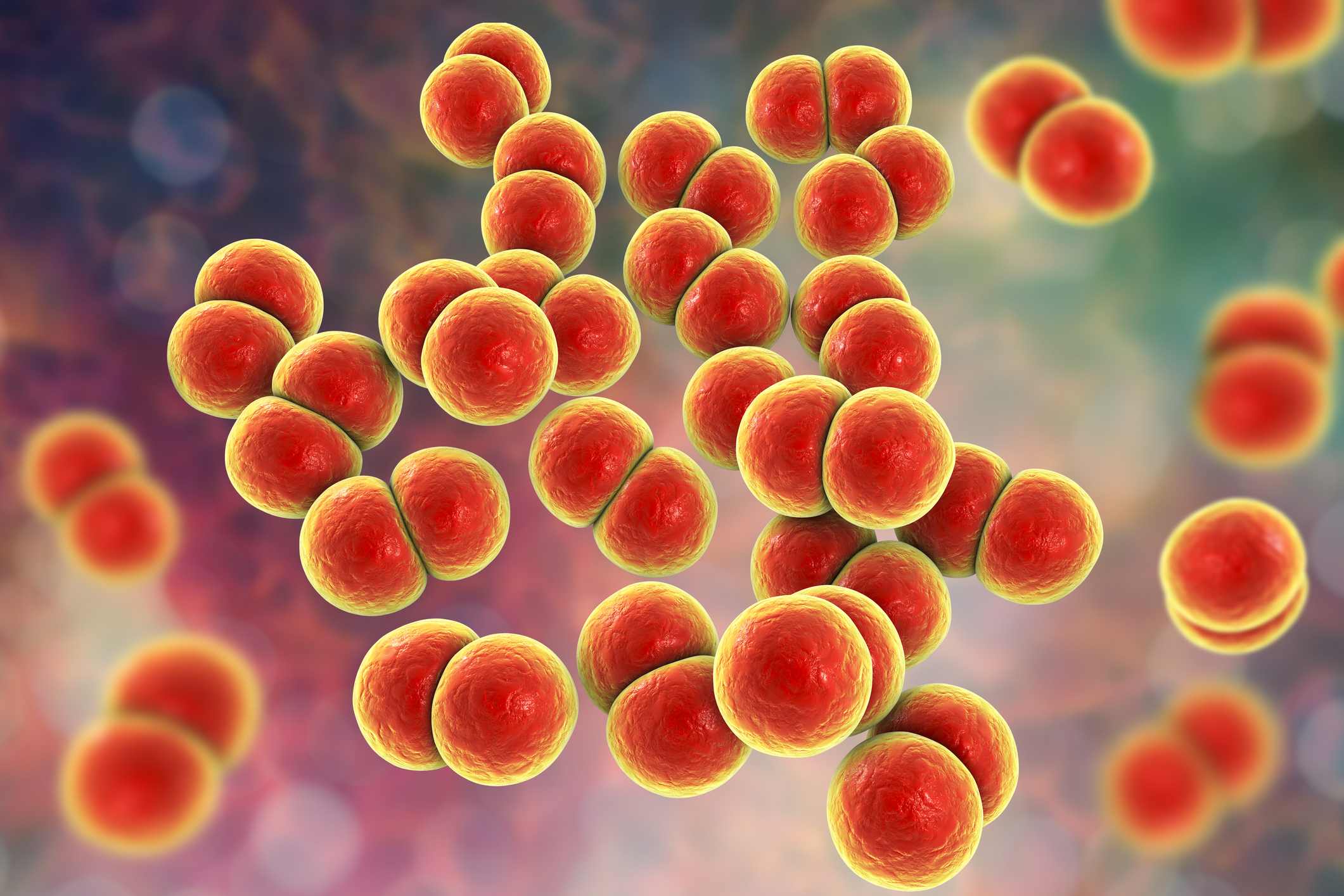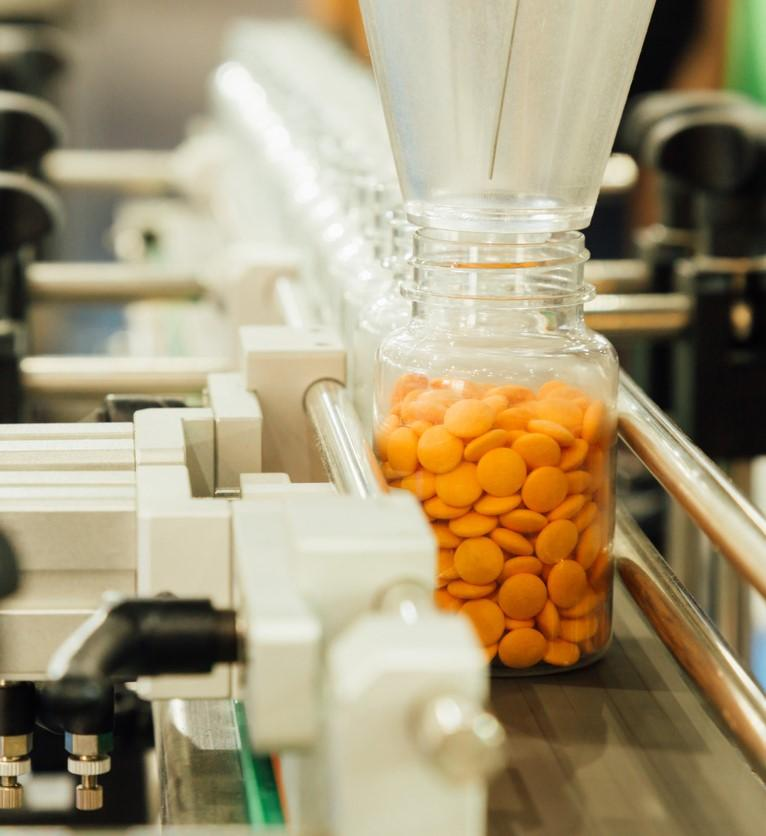Data from three prospective US cohort studies suggest that bivalent (two-strain) mRNA COVID-19 vaccines were 54% effective against lab-confirmed COVID infection and 49.4% protective against symptomatic disease in school-aged children, researchers from the US Centers for Disease Control and Prevention (CDC) and collaborators from several states reported yesterday.
Study regularly tracked nasal swab results
The group's goal was to flesh out limited data about the effectiveness of the vaccines in children and adolescents, and the authors noted that previous studies were limited by their small sample sizes. For the new analysis, the investigators included data from three earlier studies that included nearly 3,000 participants from six diverse sites. The team published its findings yesterday in JAMA.

From September 4, 2022, to January 21, 2023, participants ages 5 to 17 years completed regular surveys, submitted self-collected nasal swabs, and sent more nasal swabs when they had symptoms. The Omicron variant was dominant over that period.
Of the 2,959 participants, 25.4% had received the bivalent COVID vaccine. Over the study period, 426 children (14.4%) had lab-confirmed infections, of whom 383 were unvaccinated or had received only the monovalent (single-strain) vaccine. Median observation time was 276 days for kids who had received only the monovalent vaccine and 50 days for those who had gotten the bivalent version.
Findings underscore vaccine recommendations
The researchers didn’t find any differences within age-groups, and they didn't see any waning in protectiveness after the bivalent vaccine, though they said there might not have been enough time for assessment. They noted the findings were consistent with limited earlier data on the bivalent vaccine in kids and teens.
"These data demonstrate the benefit of COVID-19 vaccine in children and adolescents," the group wrote. "All eligible children and adolescents should remain up to date with recommended COVID-19 vaccinations."













